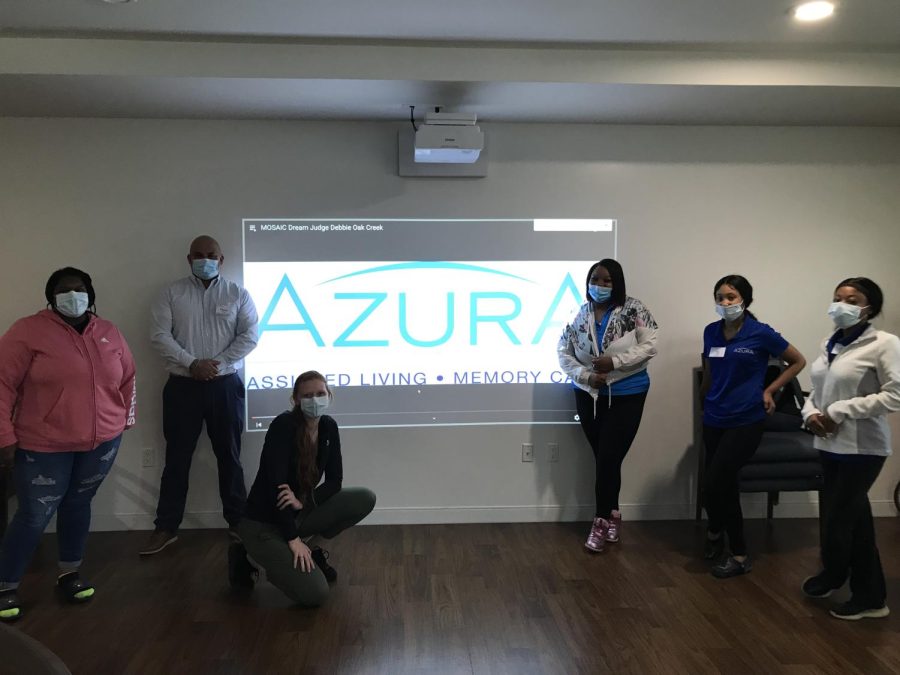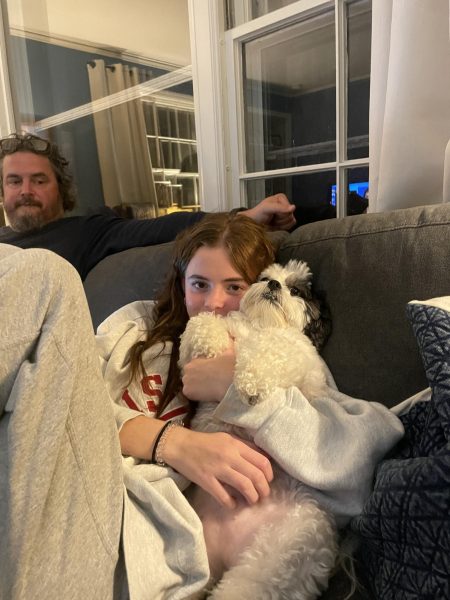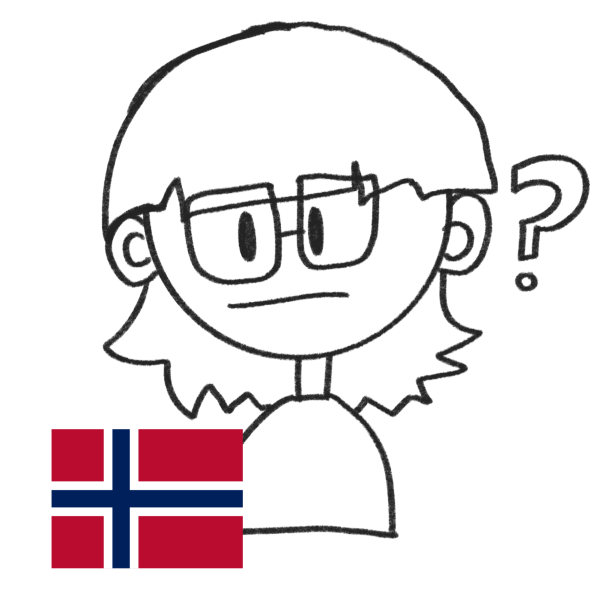The Moments That Matter
photo submitted by justine barton
Azura staff members pose after a session of MOSAIC training.
Azura Memory Care, located on 1221 East Main Street, may seem like any average retirement home, but that’s not the case. Azura facilities in Wisconsin are revolutionizing the way people who suffer from memory loss diseases are cared for.
“Right now, the state of Wisconsin does not actually require a certain amount of training in working with people with memory loss,” says Justine Barton, director of MOSAIC training for Azura Memory Care. “We assume that because someone is a nurse or a doctor, that they’re educated on Alzheimer’s and dementia, but they’re actually not. […] They don’t know the strategies for communicating with someone or the challenges that they face.”
Azura Memory Care is a company dedicated to improving the standard of living for those with memory loss diseases. MOSAIC (an acronym for Memory care professionals Offering Support through Advances and Innovation in Care) is the type of training used at all Azura locations. It focuses on communicating and engaging with the patients at each Azura location.
“MOSAIC training is really hands-on training. […] It goes through empathy training so that all the caregivers understand what our residents are going through and can be empathetic to them and their situation,” Barton says.
It’s undoubtedly a challenging job, but Barton says the training prepares them for any obstacle thrown at them in a unique way.
“We can’t pull them into reality; we have to step into their reality,” Barton says.
Barton described what’s known by Azura caregivers as “therapeutic fibbing,” the process of reassuring patients by conforming to their reality in order to properly care for them.
While working with patients who suffer from memory loss comes with its fair share of trials, Azura locations focus on maintaining the humanity of their patients.
“At Azura, we don’t call them behaviors. We call them expressions,” Barton says. “As someone is going through the disease, and they’re not able to express their wants or needs, they have an expression to try to indicate that to us, so it’s our job to kind of play detective to try to figure out what is the root cause [of] this, what is their unmet need, so that we can take care of that for them.”
Though the job is often difficult, it’s incredibly rewarding as well.
“You can make them smile, or share a memory with them, or help them through the disease. We’re really about not focusing on what they can’t do, and focusing on what they can do,” Barton says. “[It’s so rewarding] when you can bring [back] those memories. […] You get to go home every day knowing that you made a difference.”
Seeing the way their patients’ faces light up when interacting with a caregiver makes every difficult moment worthwhile.
“Although they may not remember you, […] in the moment, you’re bringing them joy, you’re making them happy,” Barton says. “When memories fade, it’s the moments that matter.”

Senior Delaney Gautheir is the Norse Star's Opinions and News editor. She appreciates the opportunities and friendships she has received from being on...






